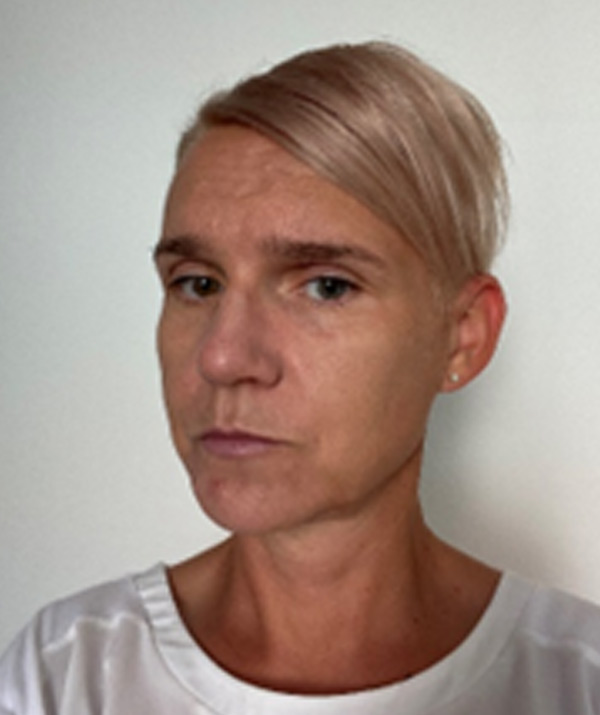Dr. Nina Novak has been a pedagogical adviser at the National Education Institute of the Republic of Slovenia since 2009. Before becoming a pedagogical adviser, she taught in primary school programmes for 10 years. Her work is related to advising teachers of the first period of primary school. Most of her tasks are connected to formative assessment, reading literacy, science literacy, social-emotional learning, the transition from kindergarten to primary school and outdoor learning. She participates in national and international projects: Afl – Assessment for Learning, Eufolio – European ePortfolio Classrooms, Student Voice, Assessment of Transversal Skills ATS2020, Linpilcare and Developing adaptive expertise to foster an effective learning environment, Reading literacy in schools, Science literacy in schools, etc.
Nina participates in various groups and projects with the common aim of introducing formative assessment into schools and fostering student voice in classrooms; she carries out numerous workshops, lectures, and seminars for teachers and prepares supporting materials for enhancing formative assessment in daily teaching practice.
Nina Novak is a key speaker and presenter at conferences on national and international levels.
Formative Assessment – The Path to Adaptive Expertise
Workshop
Co-presenting with Saša Kregar, Nives Markun Puhan and Suzana Ramšak
The topic of the workshop is the Slovenian model of implementing formative assessment or assessment for learning in everyday classroom practice. The purpose of embedding it will be illustrated by a theoretical frame as well as examples of best practice.
The Slovenian model will be presented through five key elements of formative assessment: learning intentions and success criteria, evidence of learning, formative feedback, questions to support learning,
self-evaluation and- peer evaluation, presenting their role in the process of learning and highlighting the benefits for the teachers and students. The focus will also be on the key strategies of formative assessment, i.e. student participation in creating learning intentions and success criteria, building on students’ prior knowledge, providing effective feedback, peer-learning as a source of learning and teaching, self-evaluation for self-regulation of learning, each including a collection of diverse evidence of learning.
Finally, the Slovenian model of adaptive expertise will be presented, putting the elements and strategies of formative assessment at the very core of inclusive practice.


